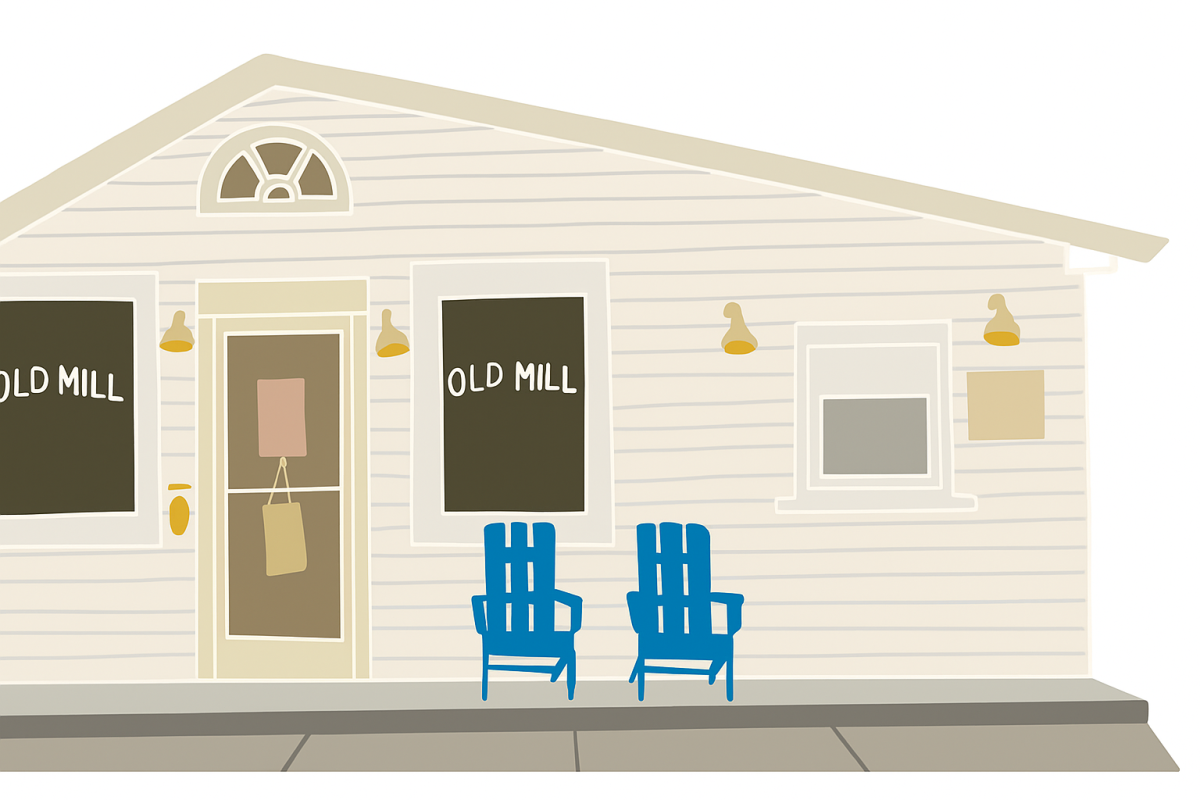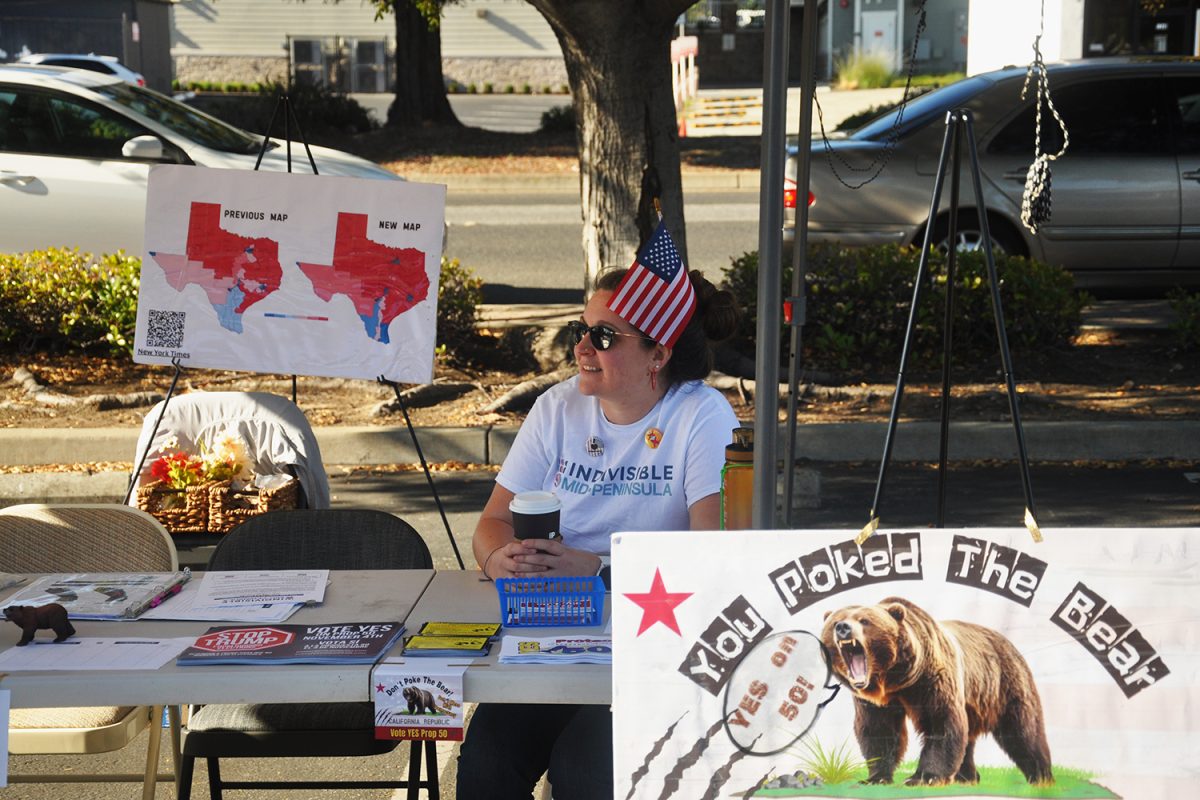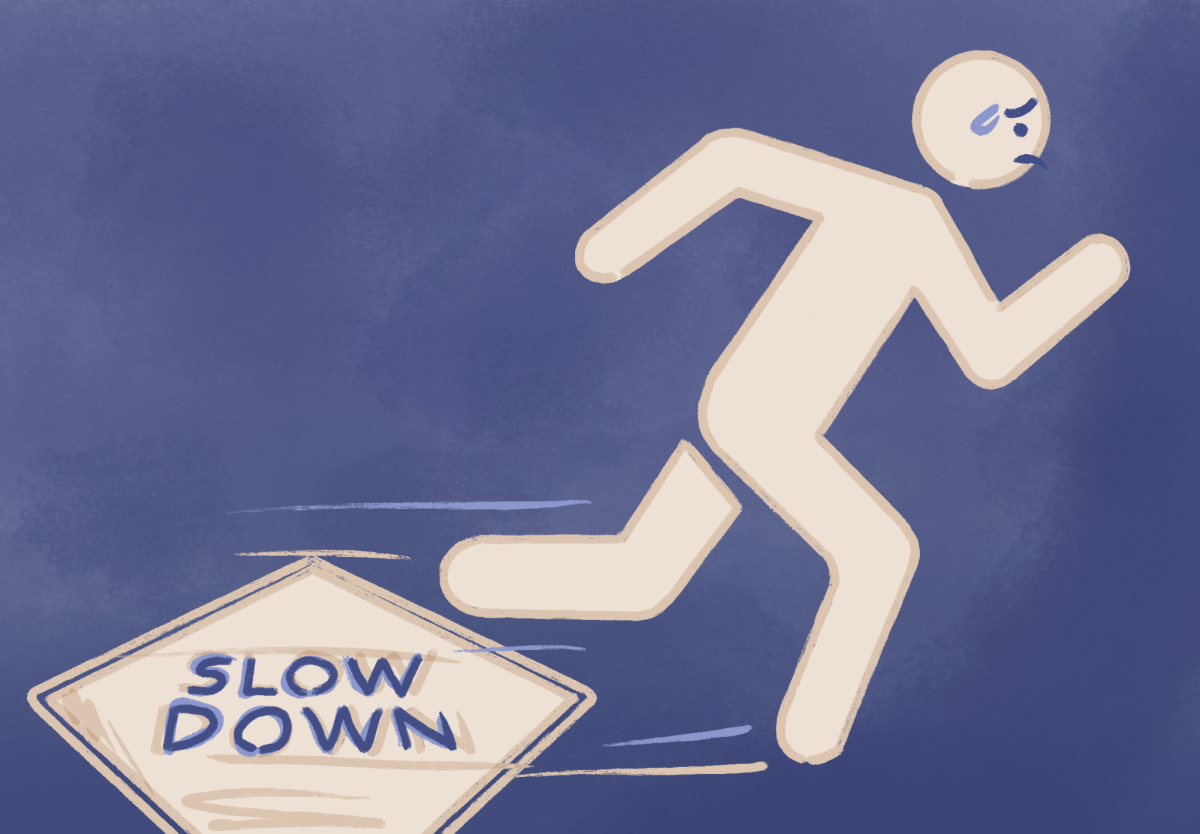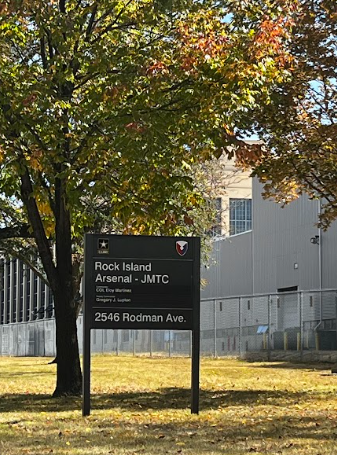As the official blows his whistle to signal five minutes until the cross country race begins, runner Laney Parmeley rips open a packet of Skittles while Reese McDevitt drinks honey from a small bottle. Cross country runners may use different methods to ensure that they will have enough energy for the race ahead, but most would agree that what they eat plays a critical role in their performance for the next 3.1 miles.
The importance of diet in sports applies far beyond cross country; all sports require good nutrition. It’s no surprise that student-athletes must sometimes eat differently than students who don’t play sports. Some changes, as senior Katelyn Guth explained, are simple math.
“I eat more than a lot of my friends,” Guth said. “With one or two hard couple-hour practices a day, I’m burning a lot more calories.”
Diet is especially important for athletes who participate in multiple sports during one season. McDevitt plays four sports in three seasons: cross country, basketball, soccer, and track and field. She has noticed a few changes in diet in her most recent switch from playing only basketball in the winter to both soccer and track in the spring.
“During basketball, my lunch would just be snacks,” McDevitt said. “And now it’s chicken and rice and broccoli. It’s way more meal prep.”
While McDevitt focuses on her meals more during spring, Guth’s focus tends to be during the winter season, or for her, wrestling season.
“For wrestling season I’m the most conscious about what I eat. [I have to make] sure I’m getting enough protein and stuff that’s actually going to help me be a better athlete,” Guth said. “For lacrosse season I really only worry about it on game day.”

Photo courtesy of Katelyn Guth
Wrestling presents a unique challenge for athletes as they try to stay in their weight class while still getting enough nutrients to maintain their health and build muscle. Although Guth has spent years keeping this difficult balance, she still occasionally struggles to cut weight without losing energy.
“During wrestling season it’s a little bit energy draining when I’m trying to cut back on calories. It’s not the best for building muscle in-season,” Guth said. “But during the spring when I can meet all my protein needs and calorie needs it’s probably a bit healthier.”
Some athletes add in healthier foods that help their performance while simultaneously cutting certain foods out of their diet that hinder it. Guth, for example, eats very little fresh fruit during wrestling season because it’s heavy in water weight and McDevitt does not drink soda during the cross country and track seasons.
“As soon as the basketball season ends, I stop drinking soda,” McDevitt said. “It messes with your lungs and the carbonation makes you not be able to breathe as well. When you run, you’ve got to breathe.”
Even with the changes that these athletes make, sometimes problems that can be attributed to diet arise.
“Sometimes for wrestling I’ve noticed [that I don’t] always have the best energy at practice or sitting through my classes,” Guth said. “I get a little tired easily.”
McDevitt felt that she needed to make some changes to what she ate after she experienced some health issues during her freshman year.
“I used to not eat very well or hydrate,” McDevitt said. “After cross country season freshman year I had a little mishap and we didn’t really know what it was. So I just tried to do everything I could and started fixing it from there.”
The physical effects of diet on athletic performance are clear, but McDevitt explained that eating well also boosts her confidence before she competes.
“There’s science that proves that [eating well] helps you, but a lot of it for me is mental,” McDevitt said. “If I eat better, I just feel better.”
This story was originally published on FHC Today on May 22, 2024.










![Senior Dhiya Prasanna examines a bottle of Tylenol. Prasanna has observed data in science labs and in real life. “[I] advise the public not to just look or search for information that supports your argument, but search for information that doesn't support it,” Prasanna said.](https://bestofsno.com/wp-content/uploads/2025/10/DSC_0073-2-1200x800.jpg)

























